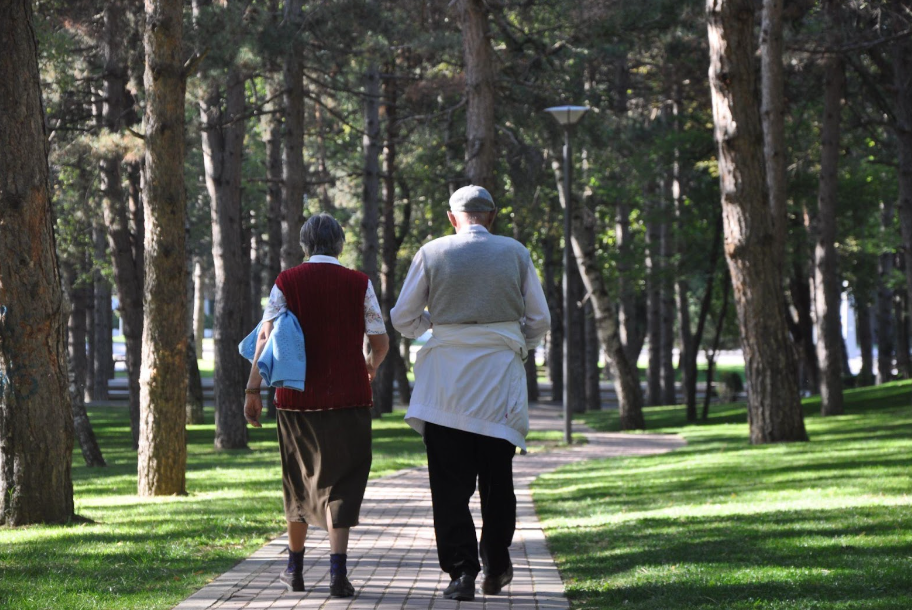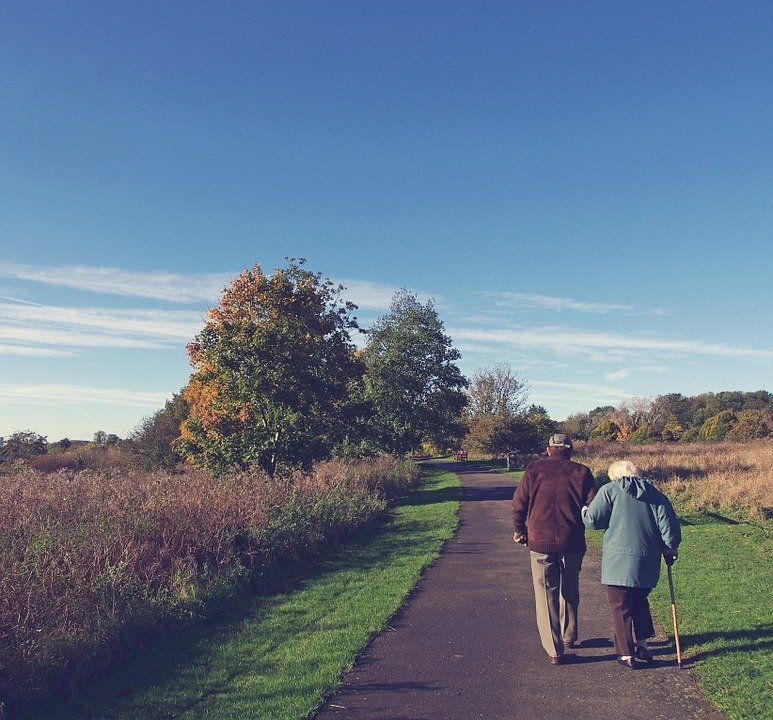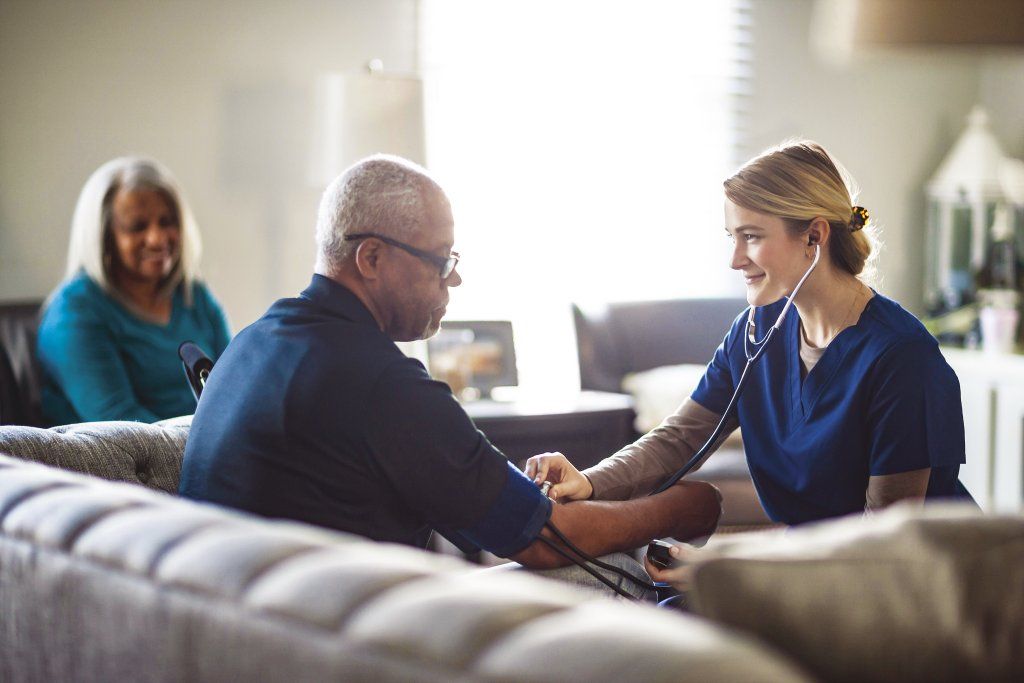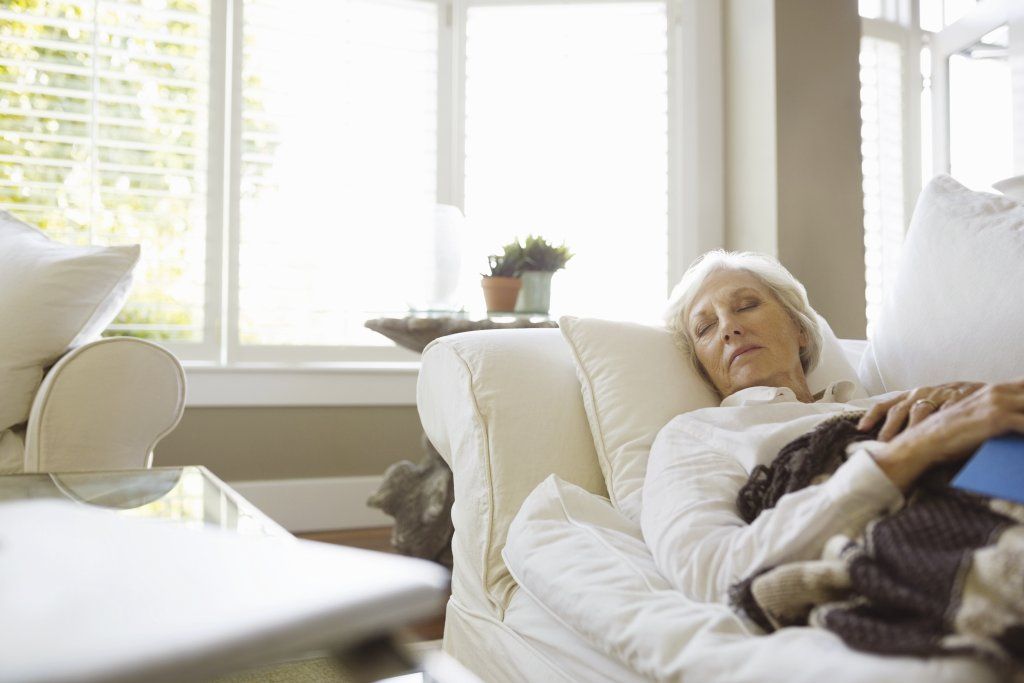Touch Deprivation in Seniors
- By PatientPoint Launch
- •
- 15 Mar, 2023
Touch Deprivation in Seniors
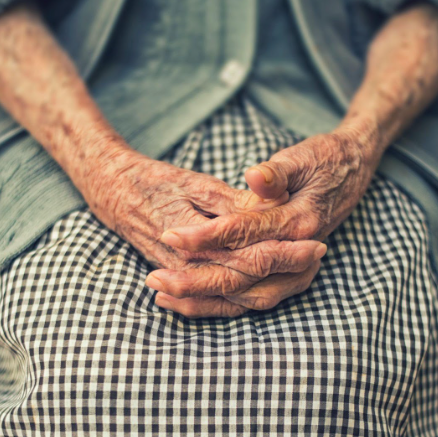
Touch deprivation is a serious problem that is found in seniors. It can impact their health in many different ways, both physically and emotionally. This problem can lead to feelings of loneliness and isolation and trigger anxiety and depression in seniors.
Today we will learn everything about touch deprivation in seniors, its impact, and some tips for managing it in seniors effectively.
What Is Touch Deprivation in Seniors?
Many seniors suffer from touch deprivation. Touch deprivation is when a person does not receive enough physical touch. This can have a negative impact on a senior's physical, mental, and emotional health.
Some seniors may feel isolated and lonely in the absence of physical touch. They may crave human interaction and feel more depressed and anxious without it. Other seniors may not mind being without physical touch and, in some cases, might even prefer it.
Seniors may experience different effects from touch deprivation, so it's important to take into account and respect each person's unique needs and preferences.
What Causes Touch Deprivation in Seniors?
When we think of touch, we often think of it as a sense we use to interact with the world around us. However, touch is also an important part of our emotional well-being.
Because they frequently live alone and have fewer opportunities for physical contact, seniors are especially at risk for touch deprivation. There are many reasons why seniors may experience touch deprivation. Here are five of the most common:
1. Limited mobility: As we age, we often lose the ability to move around freely. This can make it difficult to get the physical touch we need.
2. Isolation: Seniors often feel isolated from the rest of the world. This can lead to feelings of loneliness and despair, which can, in turn, make it harder to reach out and seek touch.
3. Fear: As we age, we may become more fearful of physical and emotional intimacy. This can make it challenging to seek out or accept touch.
4. Poor health: Poor health can make touching difficult or even painful. This can lead to further isolation and feelings of hopelessness.
5. Death of a spouse or partner: The death of a spouse or partner can leave a senior feeling touch-deprived. This can be a very difficult time, both emotionally and physically.
How Does Touch Deprivation Impact Seniors?
According to research conducted in 2021, it was observed that there were several implications of physical touch on physical health. This research emphasizes the importance of physical touch, which triggers several different responses.
Now, there are many ways that touch deprivation can impact seniors. One way is that it can increase anxiety and depression. This is because touch is a form of communication; seniors can feel isolated and lonely when they do not receive enough. Touch deprivation can also trigger several psychological issues in seniors.
Another way that touch deprivation can impact seniors is that it can lead to a decline in physical health. This is due to the fact that touch can encourage the release of healthy hormones like oxytocin. When seniors do not receive enough touch, their physical health, along with their mental health, can suffer.
How to Manage Touch Deprivation in Seniors?
Many of us have been forced to reconsider how we relate to others as a result of the pandemic. The lack of physical contact can be especially hard for seniors, who are often already isolated. Here are six ways to help manage touch deprivation in seniors:
- Increase social interaction: Make sure seniors have opportunities to socialize with their family members and friends, even if it's just via video call or phone.
- Offer gentle touch: If seniors are comfortable with it, offer gentle touches like a pat on the back, holding hands, or even sitting close to them.
- Encourage physical activity: Exercise releases endorphins that can help boost mood. Practicing meditation can also help them cope effectively with the anxiety of touch deprivation.
- Connect with nature: Spend time outside in nature, and encourage seniors to do the same. Research conducted on ecotherapy states its benefits for good mental well-being.
- Promote creativity: Engage in creative activities like art, music, or writing.
- Seek professional help: If seniors are struggling to cope, seek professional help from a therapist or counselor.
Conclusion
Touch is an important part of our lives, and it is important to ensure that seniors get enough touch. Touch deprivation can have a negative impact on seniors in many ways, but there are things that we can do to help them. If you are a senior or know someone who is touch deprived, there are many ways to get help.
Talk to a doctor or mental health professional about ways to combat the problem. Many support groups and organizations can help. The biggest community-based provider of homecare in the area is Premier Home Care, which has its headquarters in East Texas.
We are dedicated to offering high-quality, compassionate care that is specifically suited to the requirements of each patient. In collaboration with our healthcare community, we offer clinical services, supportive care, and care management at home. Learn more about us here.
